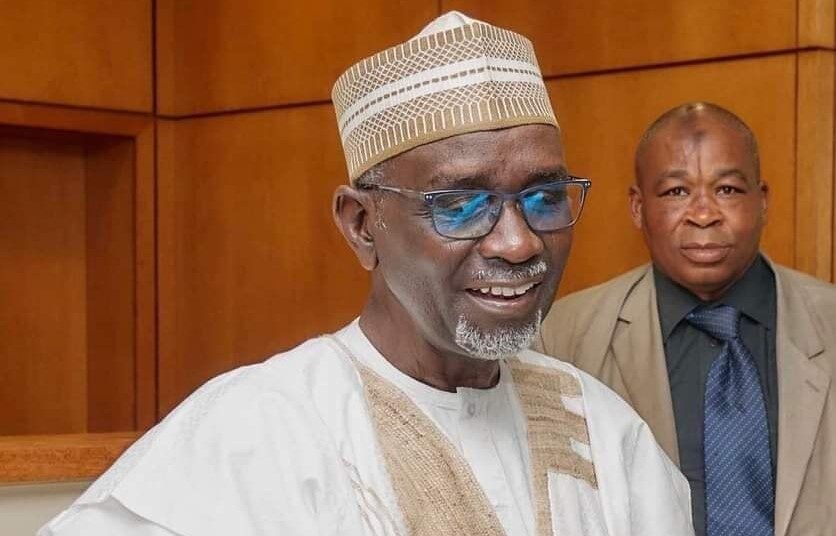THE fragile coalition of opposition politicians under the African Democratic Congress (ADC) platform appears to be facing further cracks, as some of its top promoters begin to explore alternative political bases ahead of the 2027 general elections.
Prominent among them are former Kano State governor and ex-Senator representing Kano Central, Ibrahim Shekarau, and political figure Dr. Umar Ardo, who are reportedly considering reviving the long-dormant Peoples’ Redemption Party (PRP), a party with roots in Nigeria’s Second Republic.
Sources in Kano disclosed that Shekarau has been quietly weighing the possibility of reactivating the PRP, which in recent decades has played only fringe roles in the national political scene and has failed to field presidential candidates on at least two occasions.
Although Senator Shekarau did not respond to messages sent to his phone, he issued a statement on Sunday clarifying his political position and strategy.
In the statement, Shekarau rejected the idea that a mere congregation of individual politicians under one banner without the solid backing of established political parties could unseat the ruling All Progressives Congress (APC) in 2027.
“For the sake of clarity, I did not say the coalition could not defeat Tinubu in 2027. What I said was that a coalition of ‘individuals’ rather than parties could not,” Shekarau explained.
He argued that genuine political change could only come through disciplined, structured, and party-driven alliances, rather than personality-based movements.
Recalling his past experiences, Shekarau said that in 2011, he worked alongside other progressive-minded politicians to form a coalition aimed at dislodging then-President Goodluck Jonathan. That effort failed, he noted, largely due to the inability of party leaders to harmonise their positions.
He revealed that he, the late President Muhammadu Buhari, and Nuhu Ribadu met in Abuja that year to attempt a coalition deal between the Congress for Progressive Change (CPC), the Action Congress of Nigeria (ACN), and the All Nigeria Peoples Party (ANPP).
The talks fell apart, and each candidate contested under their own party.
“That experience taught us valuable lessons,” Shekarau said, adding that it was only in 2015, when party leaders entered merger talks as official representatives of their respective political parties that a lasting alliance was achieved, eventually producing the APC and leading to the defeat of the PDP at the presidential polls.
According to him, unlike the 2015 model, which saw each participating party delegate three official representatives, the current coalition efforts within the ADC rely too heavily on informal arrangements between individuals rather than structured negotiations between parties.
Shekarau’s recent political trajectory has been marked by several high-profile moves. In the lead-up to the 2023 general election, he defected from the APC to the New Nigeria Peoples Party (NNPP), joining forces with former Kano governor Rabiu Musa Kwankwaso, before later aligning with former Vice President Atiku Abubakar on the Peoples Democratic Party (PDP) platform.
Political observers suggest that Shekarau’s renewed interest in the PRP, a party historically associated with radical politics and populist ideals, may signal a different kind of strategy for the 2027 race, one that prioritises ideological alignment and structured collaboration over loose political coalitions.
Whether this shift will further weaken the already strained ADC coalition remains to be seen. However, with less than two years to the next election cycle, the opposition space appears set for more realignments and power plays.







